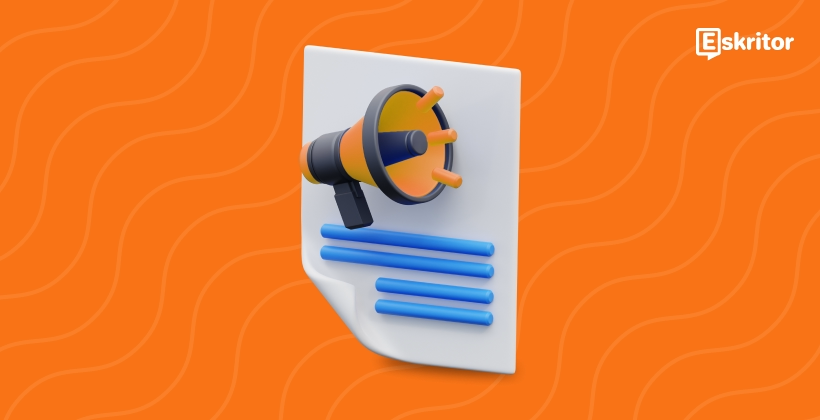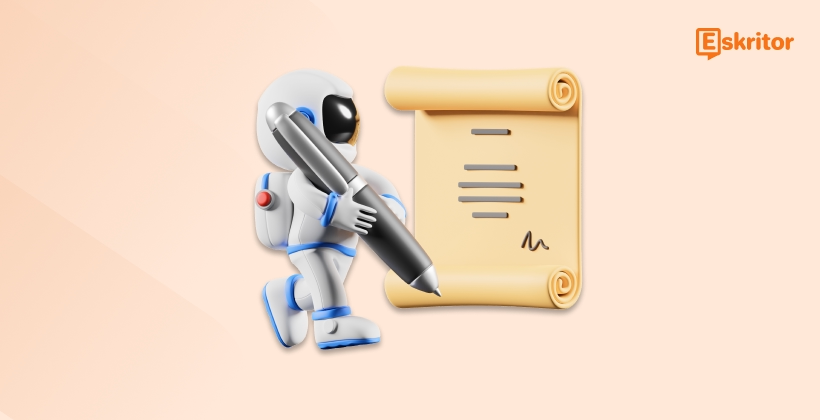Why AI Writers Are Essential for Modern Businesses
Why AI Writers Are Essential for Modern Businesses
Blog Article
Effortless Precision with AI Editing Solutions
As artificial intelligence (AI) evolves, it continues to revolutionize exactly how we method contemporary editing practices. From syntax correction instruments to advanced content era systems, AI Editing is reshaping the way authors, authors, and makers improve their work. This blog considers the role AI represents in modern editing and the impact it's across industries.

AI-Powered Tools Leading the Charge
AI-powered instruments are becoming an indispensable part of modifying workflows. Application fueled by normal language control (NLP) and device understanding can perform jobs like grammar checks, stylistic suggestions, and sentence restructuring with incredible pace and accuracy.
For instance, AI-based syntax checkers can identify errors that the eye may possibly overlook, such as subject-verb agreement problems or dropped modifiers. Equally, style changes generated by AI ensure that tone and movement align with the supposed audience, which is priceless for skilled editors.
These methods aren't just restricted to standard grammar corrections. They are designed for increasing readability, transforming passive style to active style, and also paraphrasing whole paragraphs without changing the meaning.
Effectiveness Matches Time Savings
Studies show that the usage of AI methods may lower editing time by around 30%. Rather than poring over every phrase manually, editors may focus their efforts on innovative and strategic elements of content. That change allows experts to control larger sizes of text in smaller times, that will be especially important for industries like publishing and digital marketing.
Furthermore, predictive AI functions may highlight continuing problems, helping writers improve their skills over time. For businesses, this means less methods spent on changes and more polished components from the start.
Improving Convenience and Globalization
AI's role in modern editing stretches beyond efficiency. Advanced interpretation and localization tools let makers to adjust material seamlessly for world wide audiences, breaking down language barriers with precision. That engineering guarantees that exactly the same concept can resonate with countries global while retaining its authenticity.
AI also improves inclusivity requirements by increasing accessibility in content. For example, calculations can recognize possibly non-inclusive language and suggest alternatives. That capacity enables publishers to improve writing so that it resonates with varied audiences.

Striking a Stability Between AI and Human Creativity
While AI excels in rate and accuracy, it doesn't replace human editors. Machines often lack the ability to interpret nuance, feeling, or ethnic context fully. The perfect process mixes AI's effectiveness with human creativity and understanding, resulting in truly extraordinary work.
By leveraging these systems in contemporary editing practices, builders and authors equally may make top quality material that aligns with the fast-paced requirements of today's electronic world. AI may be the potential of modifying, but the human touch will always be required for storytelling and connection. Report this page